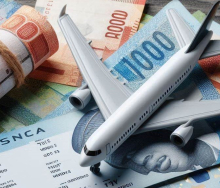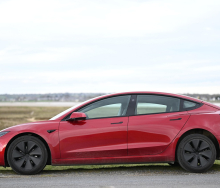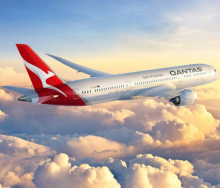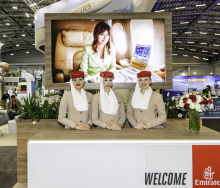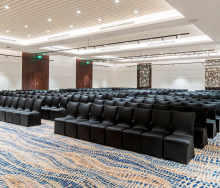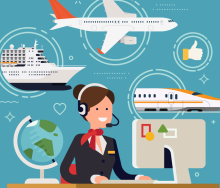Aviation industry leaders recently highlighted the challenges facing African airlines in adopting sustainable aviation fuel (SAF) at the AviaDev Africa conference in Nairobi, reports airspace-africa.com.
Panellists at the conference stressed the urgent need to overcome barriers related to the affordability and access to SAF, as well as the industry’s collective responsibility to prioritise environmental sustainability while addressing financial restrictions.
Voicing concern on behalf of the industry, Jennifer Bamuturaki, Uganda Airlines CEO, said: “African airlines say SAF is expensive – it’s three times the cost of Jet A1 fuel.” Financial limitations faced by African carriers are a serious obstacle to transitioning to more sustainable fuel options. Balancing sustainability with economic viability demands collaborative solutions.
TAAG Angola Airlines CEO, Eduardo Fairen Soria, pointed out that availability of new aircraft was limited and that Africa might have to rely on older, less fuel-efficient aircraft. Overcoming this challenge needed innovative thinking and collaboration among industry players.
“We need to be focusing on those areas where the solutions are already available, but require better thinking. You can’t have environmental sustainability unless you’ve got the commercial and the financial sustainability,” commented Airlink Communications Advisor, Linden Birns.
Kenya Airways CEO Allan Kilavuka called for policy support and financial incentives for the industry to ensure a fair and sustainable transition to SAF while recognising African airlines’ challenges.
The panel discussion stressed the need to address the affordability and access to SAF in Africa. African airlines strongly emphasised the expensive nature of SAF, which hinders their ability to adopt sustainable fuel options.
Panellists outlined the need to be actively involved in the entire SAF value chain to exert influence, explore alternative strategies and advocate for financial incentives in order to embark on a sustainable path.


